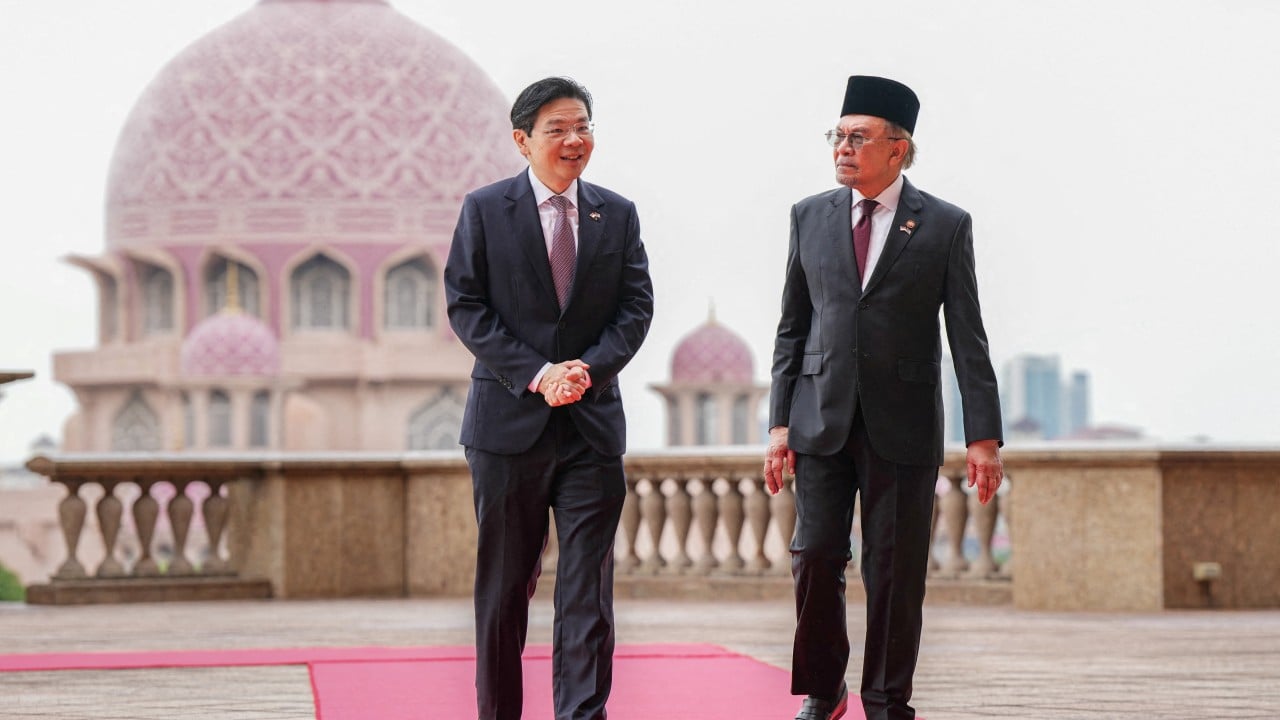The excitement was palpable on Monday, as the governments of Malaysia and Singapore signed an almost unprecedented deal to formally set up the Johor-Singapore Special Economic Zone (JS-SEZ) after over a year of negotiations.
Advertisement
The strong interest in the project is understandable. It is a massive joint-undertaking, covering a land mass of more than 3,500 sq km (1,400 square miles) in Johor’s southern and eastern regions – more than four times the size of Singapore.
Equally, if not more importantly, is the fact that the JS-SEZ is backed by the commitment of not one, but two countries seeking to develop a new growth area that they hope will become a flag-bearer of Southeast Asia’s economic potential.
Like most SEZs around the world, a key focal point of the Johor-Singapore zone will be manufacturing, which is a no-brainer for countries seeking large-scale investments that also provide ample job opportunities for the local populace.
But unlike many other SEZs, the JS-SEZ has far broader ambitions.
Advertisement
Beyond just setting up factories, Malaysia and Singapore want to tap new growth areas alongside priority industries that they hope would make the JS-SEZ the region of choice to not only do future-proof business, but also to live and play.

